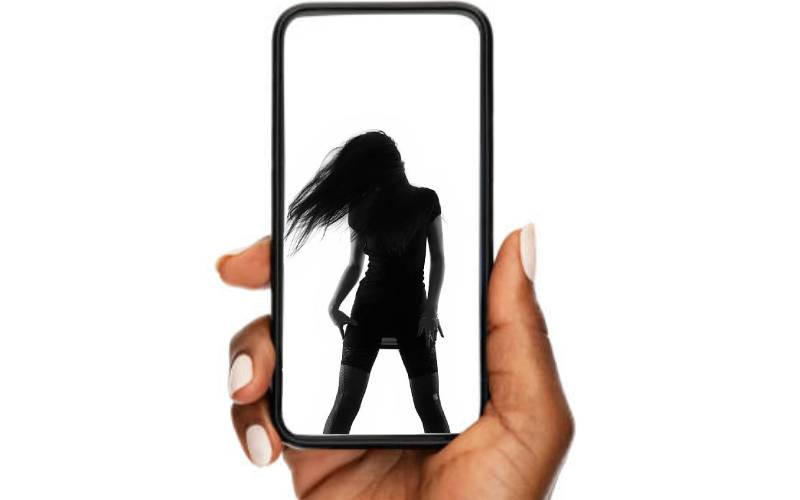×
The Standard e-Paper
Fearless, Trusted News

For years, Jane thought that one way of expressing her love to her then-boyfriend was by sending him her most private photos and videos.
The man, who was her classmate at the university had pursued her from their first month as medical students and he easily conquered her heart. From then on, they hung out together, took selfies on her mobile phone, and when alone, she shared photos of what she was doing and places she visited as way of keeping their love tight.